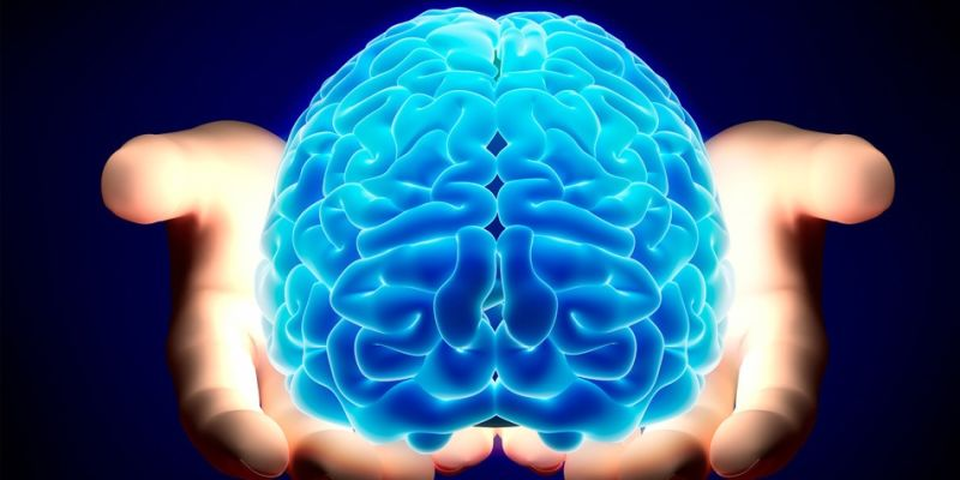You only get one brain, and how you treat it now can greatly affect your chances of developing Alzheimer’s or other forms of dementia later in life. While countless tips and products claim to keep your mind sharp, not all are backed by solid evidence. Here’s a look at one commonly promoted but overhyped brain-protecting strategy—and a surprisingly simple action that research shows can make a real difference.
Skip This: Over-the-Counter Nootropic Supplements
Nootropics, often marketed as smart drugs or brain boosters, have exploded in popularity. These supplements promise better memory, sharper focus, and faster thinking. The global market is booming, especially in the U.S., where people spend billions hoping for a cognitive edge.
But the science behind these claims is shaky at best. While some prescription nootropics used for ADHD or Alzheimer’s are effective for their specific medical uses, most over-the-counter brain-boosting supplements haven’t been proven to work. Many products rely on vague language that allows them to avoid rigorous oversight, meaning there’s little requirement to prove the benefits they claim—or even to ensure the ingredients listed on the bottle are actually inside.
A scientific review of common brain supplement ingredients found no strong evidence that substances like L-theanine, omega-3 fatty acids, or various B vitamins actually improve memory. Even more concerning, studies show that many of these products are poorly regulated. Some contain ingredients not listed on the label, while others are missing key components they claim to include. This creates both a health risk and a financial burden for people investing in unproven solutions.
Do This Instead: Protect Your Hearing
If you want to do something truly effective to support long-term brain health, start with your ears. Research shows a strong connection between hearing loss and increased dementia risk. In fact, people with untreated hearing loss are significantly more likely to develop cognitive decline than those with normal hearing.
The longer hearing loss goes unmanaged, the higher the risk becomes. But there’s good news: using hearing aids appears to reverse that trend. Those who wear hearing aids tend to have better cognitive outcomes than those who don’t.
Hearing is more than just sound. It’s a way your brain stays engaged and stimulated. Hearing loss reduces the amount of information your brain receives and processes, which can weaken the neural networks that help maintain mental sharpness. Studies also suggest that people who regularly listen attentively like musicians or sound professionals tend to have healthier brain structure and function.
If you suspect any degree of hearing loss, don’t wait. Get tested and follow through with treatment. Brain health isn’t just about memory games or miracle pills it’s about addressing real issues that impact your cognitive resilience. Treating hearing loss is one of the simplest and most effective steps you can take.

